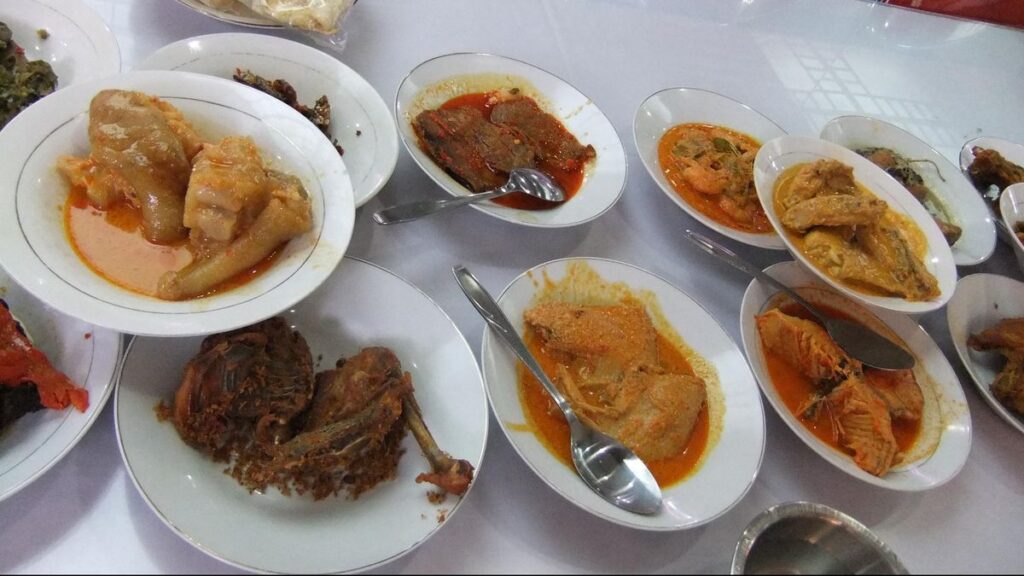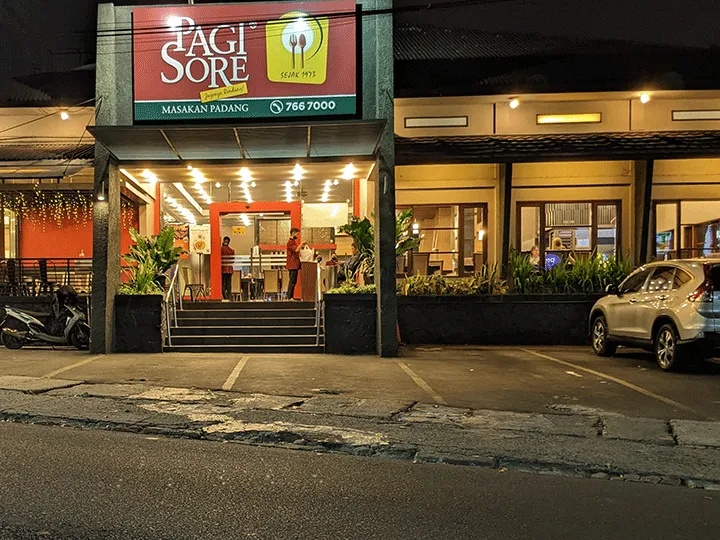
Introduction to Education in Turkey
Education in Turkey has undergone significant transformations over the years, shaped by a blend of Eastern traditions and Western modernization efforts. The country’s strategic location between Europe and Asia has made its education system unique, with a structure and curriculum that reflects both Islamic cultural values and secular, modern standards. With a population of over 85 million people and a growing youth demographic, education in Turkey plays a vital role in national development and global integration.
Historical Background of Education in Turkey
Education in Turkey has deep historical roots, dating back to the Ottoman Empire. During the Ottoman period, education was primarily religious and centered around Islamic teachings in madrasahs. However, with the founding of the Republic of Turkey in 1923 under Mustafa Kemal Atatürk, a series of radical reforms were introduced. These reforms aimed at secularizing and modernizing the education system. The Latin alphabet replaced the Arabic script, and religious schools were placed under state control. A centralized and secular education model was adopted, laying the foundation for today’s system.
Structure of the Turkish Education System
Education in Turkey is regulated and supervised by the Ministry of National Education (Millî Eğitim Bakanlığı). The system is divided into several stages:
Preschool Education
Preschool education in Turkey is not compulsory but widely encouraged. It includes nursery classes, kindergartens, and daycare centers for children aged 3 to 6. This stage focuses on preparing children socially, emotionally, and cognitively for primary education.
Primary and Secondary Education
Primary education in Turkey is compulsory and free in public schools. It lasts for four years, followed by four years of middle school. These 8 years are part of the country’s “4+4+4” system introduced in 2012. Subjects taught include Turkish, mathematics, science, foreign languages, and social studies. At the end of middle school, students must take a national exam (LGS – Liselere Geçiş Sistemi) to be placed in high schools.
High School Education
High school, also known as secondary education, lasts for four years and includes various types of institutions such as general high schools, Anatolian high schools, science high schools, vocational and technical schools, and Imam Hatip (religious) high schools. Education in Turkey at this level emphasizes both academic and vocational training, giving students a foundation for higher education or entry into the workforce.
Higher Education
Higher education in Turkey is provided by universities, which are either state-funded or private. The Council of Higher Education (YÖK) oversees all tertiary institutions. Admission to universities is highly competitive and determined through a national entrance exam (YKS – Yükseköğretim Kurumları Sınavı). Turkey boasts several internationally recognized universities, such as Boğaziçi University, Middle East Technical University (METU), Istanbul University, and Koç University.
Language of Instruction
The official language of instruction in Turkish public schools is Turkish. However, in certain schools such as private institutions, international schools, and Anatolian high schools, courses may be offered in English, French, or German. Additionally, schools in regions with significant ethnic minority populations may offer elective courses in Kurdish and other languages, reflecting Turkey’s multicultural fabric.
Private vs. Public Education
Education in Turkey is available in both public and private sectors. Public schools are free and funded by the state, whereas private schools charge tuition fees. Private institutions often offer smaller class sizes, better facilities, and bilingual or international curricula, making them a popular choice for affluent families and expatriates. Despite their growing popularity, public schools remain the primary choice for most Turkish families.
Vocational and Technical Education
Vocational and technical education is a significant component of the education in Turkey. It is designed to prepare students for specific trades, crafts, and careers in industry and services. These programs are offered at the high school and post-secondary levels and include training in fields such as health, tourism, agriculture, and mechanical engineering. The government actively promotes vocational education to reduce unemployment and meet the needs of a rapidly developing economy.
Reforms and Challenges in Turkish Education
The education system in Turkey has witnessed numerous reforms over the past two decades. These include curriculum updates, increased access to preschool education, integration of digital learning tools, and expansion of foreign language instruction. The government has also invested heavily in school infrastructure and teacher training.
Despite these efforts, the system faces several challenges. Disparities in educational quality between urban and rural areas, large class sizes in public schools, and the pressure of national exams contribute to educational inequality. Furthermore, political influence in curriculum design and limited academic freedom in universities have raised concerns among educators and human rights organizations.
Internationalization and Study Abroad Opportunities
Education in Turkey has become increasingly internationalized. The country is a popular destination for students from the Middle East, Central Asia, Africa, and Europe. Government scholarships such as Türkiye Scholarships attract thousands of international students annually. Turkish universities also participate in the Erasmus+ program, facilitating student and staff exchanges with European institutions.
In addition, many Turkish students choose to pursue higher education abroad, especially in countries like the United States, the United Kingdom, Germany, and Canada. These students often bring back valuable experience and knowledge that contributes to the development of Turkey’s economy and society.
Digital Transformation in Education
Digital learning has gained momentum in Turkey, particularly during the COVID-19 pandemic. The Ministry of Education launched the Education Information Network (EBA), an online platform providing digital content, live classes, and resources for teachers and students. Although access to technology remains unequal, especially in rural regions, the shift to digital learning represents a crucial step toward modernizing education in Turkey.
Role of Religion in Education
Although education in Turkey is officially secular, religion plays a nuanced role. Religious education is a mandatory subject in public schools, focusing primarily on Sunni Islam. However, students may opt out under certain circumstances. In addition, Imam Hatip schools, which emphasize religious studies alongside secular subjects, have seen a resurgence in popularity over the past decade.
Future Prospects of Education in Turkey
Looking ahead, education in Turkey is expected to continue evolving to meet the needs of a rapidly changing world. The government aims to increase access to quality education, reduce inequalities, and foster innovation through science and technology. Investment in teacher training, curriculum development, and international collaboration will be key to improving outcomes.
Efforts are also being made to align Turkish education more closely with global standards, including the Bologna Process in higher education. As Turkey continues to modernize and expand its role on the international stage, education will remain a cornerstone of its development strategy.
Conclusion
Education in Turkey is a complex and dynamic system that reflects the country’s diverse cultural, historical, and political landscape. From its deep-rooted Ottoman traditions to its modern, secular reforms, education in Turkey has made significant strides in expanding access and improving quality. While challenges remain, particularly in terms of equity and academic freedom, the ongoing reforms and international partnerships hold great promise. As the country moves forward, education in Turkey will continue to play a critical role in shaping a more prosperous, innovative, and inclusive society.
Would you like this article adapted for SEO optimization or shortened for a blog format?






